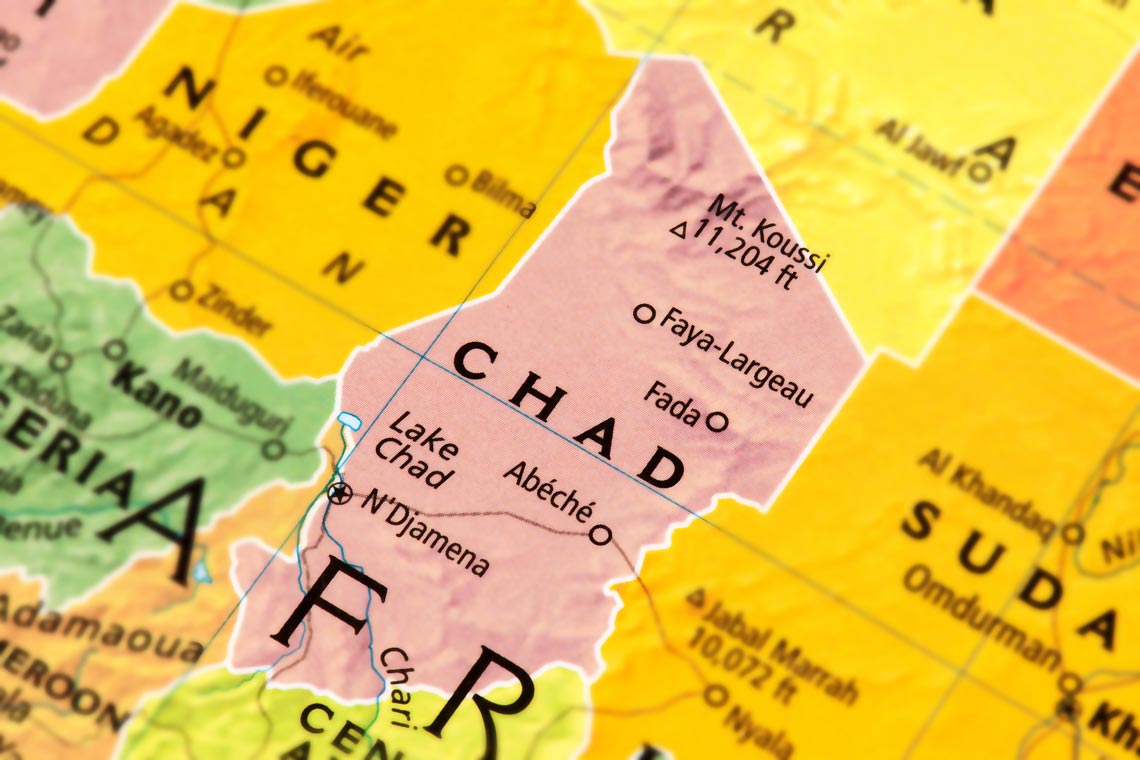查德市場研究

乍得共和國位於非洲中北部。這個內陸國家東邊與蘇丹接壤,北邊與利比亞接壤,西南部與喀麥隆和奈及利亞接壤。南部是中非共和國,西部是尼日。基礎設施缺乏、乾旱和政治動盪導致乍得經濟遭受重創。該國的地理偏遠也是一個不利因素。
重點產業
農業和石油推動乍得經濟發展,石油構成了政府收入和出口收入的大部分。乍得主要的非石油出口產品是阿拉伯樹膠、黃金、牛、芝麻和棉花。其他農產品包括花生、高粱、山藥、小米、玉米、甘蔗、大米、木薯、豆類和地瓜。
乍得大部分人口依賴牲畜飼養和自給農業為生。全球油價持續走低損害了經濟。 2016-2017 年的經濟危機導致投資支出減少。該國還正在應對全球範圍內的新冠肺炎 (COVID-19) 大流行帶來的財務影響。
儘管如此,政府仍在繼續其經濟救助行動。其目標是增加高附加價值產品的出口。它還旨在在未來十年內實現關鍵部門多元化並發展正規經濟。
社群
乍得的重要城市有恩賈梅納、庫泰雷和蒙杜。乍得是世界上25個最貧窮的國家之一。它沒有穩定、管理良好的交通網絡。恩賈梅納是首都,所以有柏油路,其他大城市也是。當人們進入農村地區時,品質就會下降。恩賈梅納的生活成本非常高。租金與紐約和倫敦相當,使其成為非洲居住成本最高的城市。
趨勢
經濟學家預計,隨著疫情消退,乍得經濟將恢復成長。他們希望工業活動恢復到正常水準。石油生產、軋棉和紡織業很快就會復甦。乍得在減貧方面取得了進展,但經濟仍然脆弱。該國面臨地區不穩定、油價波動等諸多風險。
乍得市場的優勢和優勢
乍得無法利用其國家公共財政管理系統來實施由外部資源資助的計畫。 《巴黎宣言》不允許這樣做。這項措施是由於該國經濟治理表現不佳所造成的。儘管如此,政府仍在透明度等領域取得進展。這種透明度在其石油儲備的管理中尤其明顯。
消費者基礎
超過四分之三的乍得人生活在農村地區。幾乎一半的居民生活在國家貧窮線以下。乍得是一個農業社會,農業僱用了該國大部分勞動年齡的成年人。行動普及率落後於其他非洲國家。儘管如此,即使在農村地區,兩家領先的供應商也取得了重大進展。然而,據聯合國開發計劃署稱,乍得是世界上三個最不發達國家之一。
在乍得發展業務的理由
乍得的經濟前景看似黯淡,但情況只會變得更好。它為早期投資者提供了非凡的機會,投資環境適合中型和大型項目。發電和配電(尤其是太陽能)以及石油勘探領域存在機會。投資者在畜牧業、礦業、電信、農業綜合企業和基礎設施領域也能取得不錯的成績。乍得的多項外國投資的成功證明了商機的存在。儘管面臨諸多挑戰,該國仍需要忠誠、技術精湛且有耐心的投資者。
關於乍得的市場研究
有興趣在乍得開展業務的公司應該進行徹底的市場研究,因為了解商業環境以及法律和監管框架至關重要。焦點小組可以幫助確定乍得市場的準備情況,訪談和調查也可以。 SIS 國際研究為乍得和其他非洲國家提供定量、定性和戰略研究。研究不僅僅是一種選擇:對於乍得這樣動盪的國家來說,它是必要的。


